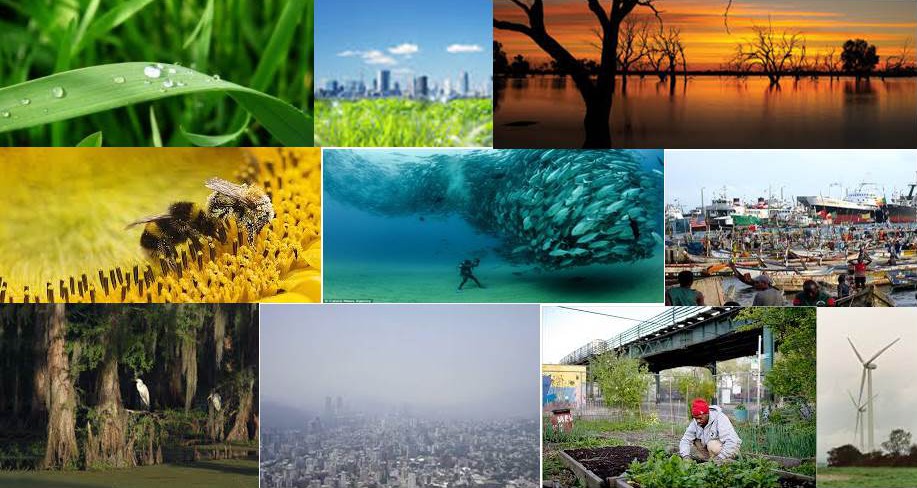Welcome to Environmental Economics Spring 2016
In this course, you will have the opportunity to explore and research issues relating to the economic impact of environmental changes and policies, both locally and globally. This is an interdisciplinary course which will explore environmental issues both from the Economic perspective, as well as from the perspectives of other disciplines, such as Sociology, Architectural technology, Psychology, and Hospitality management. You will also have the opportunity to conduct research on a wide range of topics relating to the economic challenges posed by current environmental issues.
Open Lab will be used for much of our work. This includes posting of the course syllabus, questions for commenting on assigned readings, and your notations of progress with the semester research project on the course Blog site, and some PowerPoint presentations.
To prepare for weekly discussions, you should visit the course site weekly to link to and complete the assigned readings and enter your responses to the posted questions from the readings on the blog site.Reminders will be announced in class. All assigned readings for the course (or links to them) will be posted here. The comments and thoughts you post on discussion questions related to the readings, the guest lecturers, films, etc. will be an important resource for class discussions. This is also a great opportunity to begin creating a dialog on the issues.
There will also be at least one scheduled visit to a site such as the Gowanus Canal Conservancy, SIMS Municipal Recycling Center or other (to be determined). The cost for these visits is minimal, and the information these visits provide is often of much value in the semester research projects.
The course site also features daily RSS news feeds on issues relevant to environmental economics from the New York Times and from GreeenBiz.com, both of which can offer additional informative perspectives and updates on current environmental initiatives.
Open Lab will also be used for posting midterm and final exam reviews.




3. According to Atkinson and Hackler, what are two or three arguments made by neo-Keynesian economics? What policy does neo-Keynesian economics see as most effective in addressing the challenges of climate change?
The neo-Keynesian economics is based in the Keynesian economics but differentiate them self for their more liberal approaches to the modern challenges that need to be addressed in the 21st century. The neo-Keynesian maintain that “economic growth is a result of business investments, government spending because of the demand for goods and services it produces” this point proposes that the government expenditures will increase the aggregate consumer demand.
Another important point of the neo-Keynesian economics is the: “Equitable distribution of wealth and the achievement of social policy objectives” this believes propose that an equitable distribution of wealth leads to a greater consumption.
The effectiveness of the neo-Keynesian comes in the rules and regulation in the market and provide subsides for the development and development of low emission and zero emission technologies.
5. The authors discuss their theory of “Innovation Economics.” What reasons do authors cite as to why Innovation Economics offers a more effective framework for addressing the economic realities of the 21st century.
The “Innovation Economics” come into play as a result of continuous search for a new economic model that address the new elements that have been incorporated into the economy and that older model didn’t incorporate. This is the recognition of Knowledge, technology, entrepreneurship and innovation as primary factors for economic growth.
This new approach suggest that “productive and adaptive efficiency are the key to understanding how innovation creates growth”. Efficiency and organization led to greater outputs utilizing fewer inputs. Through the innovation and efficiency the economy becomes more productive and innovative. This is by reallocating the resources and creating policy that apply equal force to all the economies and activities. In this model of economy the regulation seek to encourage the innovation and efficiency of the market.
Abraham Guzman